Hiring a COO during COVID-19
Business as usual. That has been the message coming from the many email notifications hitting inboxes across industries. While many parts of the economy have shut down in response to the COVID-19 pandemic, fund managers have been fortunate enough to be able to make use of technology to work remotely.
Team meetings, client presentations, and trading have all been able to carry on without a hitch. And while the etiquette of video meetings is yet to find a consensus, careful curation of the background bookcase has proven to be a popular first step in what has become a daily diet of several hours on various video meeting platforms from Zoom, Microsoft and others.
The challenge arises when a firm wants to do something other than business as usual. That's the position in which Mayar Capital found itself in early March.
Mayar believes that companies must invest ahead of their growth curve to be able to capture opportunities when they arise. That includes different investments in talent, software, and infrastructure at pre-determined milestones. So when Asset Under Management crossed $100 million, it was time to hire a Chief Operations Officer. And then the economy was put under lockdown because of COVID-19.
The team decided to press ahead, despite the restrictions in movement that would have otherwise mothballed the hiring process. They decided to develop a new hiring process that utilized available technology to help find the right candidate.
Most online job ads allow a candidate to apply with one click. This relatively low effort method of applying increases the number of speculative approaches from candidates.
Mayar Capital changed the application process to require candidates to apply with a video clip to complement their CV. In this instance, Mayar was looking for a particular skillset and level of experience. By introducing the video element to the application process, it was able to be more efficient in selecting the most suitable candidates.
Abdulaziz Alnaim, Mayar founder and Managing Director, explains.
"Asking prospective candidates to record a video introduction achieved two things. First, it introduced an element of self-selection that meant we received fewer applications, but those that did hit our inbox were of a higher quality. Second, we were able to form a much deeper impression of the candidate in comparison to a CV or a screening phone interview."
The successful candidate, Stefan Dawidowski who joined Mayar on the 1st June, is also enthusiastic about the video component.
"Preparing for the recording allowed me to really focus on my reasons for making the application, which in turn allowed me to structure the message I wanted to get across more effectively. I also wanted to convey that I was comfortable on camera and, while the final version was not the first take, I was happy with the outcome."
Next came the video interviews on Zoom. Mayar developed a scoring system to grade how candidates answered and reacted to each question. Interviews were recorded to allow for scoring to be revisited afterwards.
Abdulaziz explains:
"we also recorded the interviews, so I was able to go back after the fact and double-check answers and also re-examine the candidate's body language. We employ a scoring system for each question, and filling out those scoring sheets was easier being in front of a computer than during a face-to-face interview."
The hiring approach has had some unexpected benefits that Mayar will retain as part of its normal post-pandemic hiring process. Some things, however, are better done in person.
Abdulaziz continued:
"the first round being online allowed for more flexibility than otherwise and gave us some unexpected side benefits. The second round, I think, would have been much better in person. So we will want to go back to that in the future. Onboarding would definitely be better in person, as well."
Stefan has already met with his new team-mates – online of course. He adds,
"while it's more difficult to pick up on subtle body language cues, it's still possible to tell if someone is relaxed or not, so having the process on-line means you have to employ slightly different observation techniques to achieve the same aim of getting to know your interviewer to see if the role is right for you."
Despite the benefits of technology, there is still no replacing the interaction of an in-person team gathering, something that many across the industry are looking forward to reintroducing.
